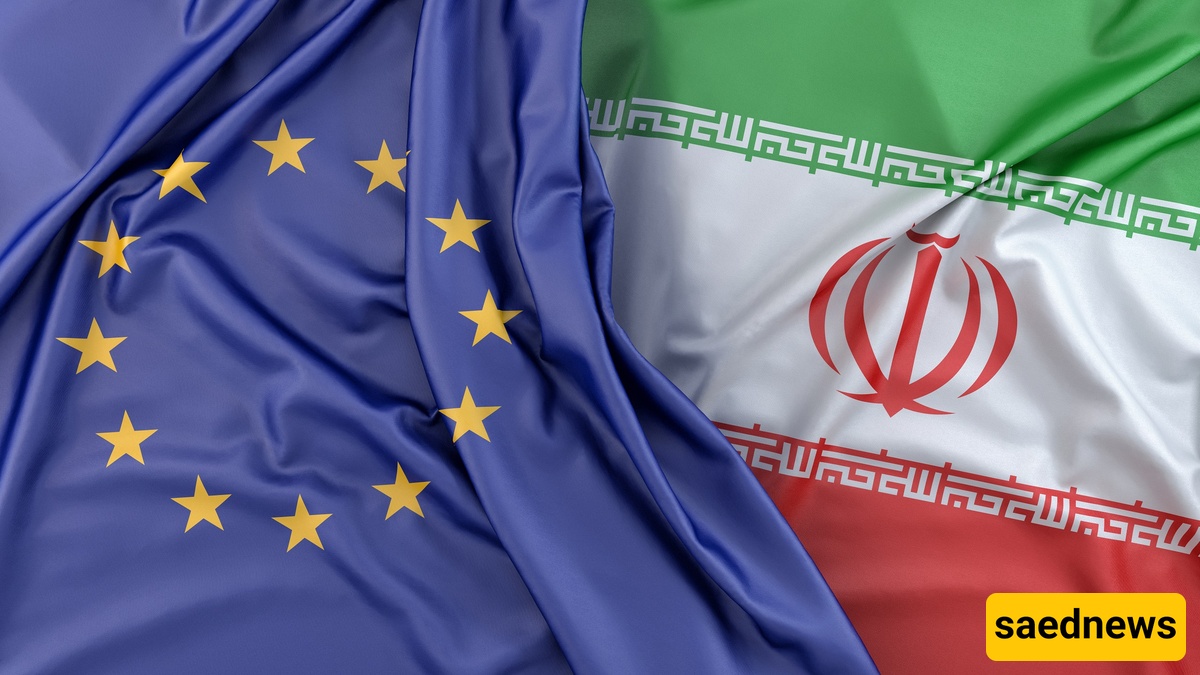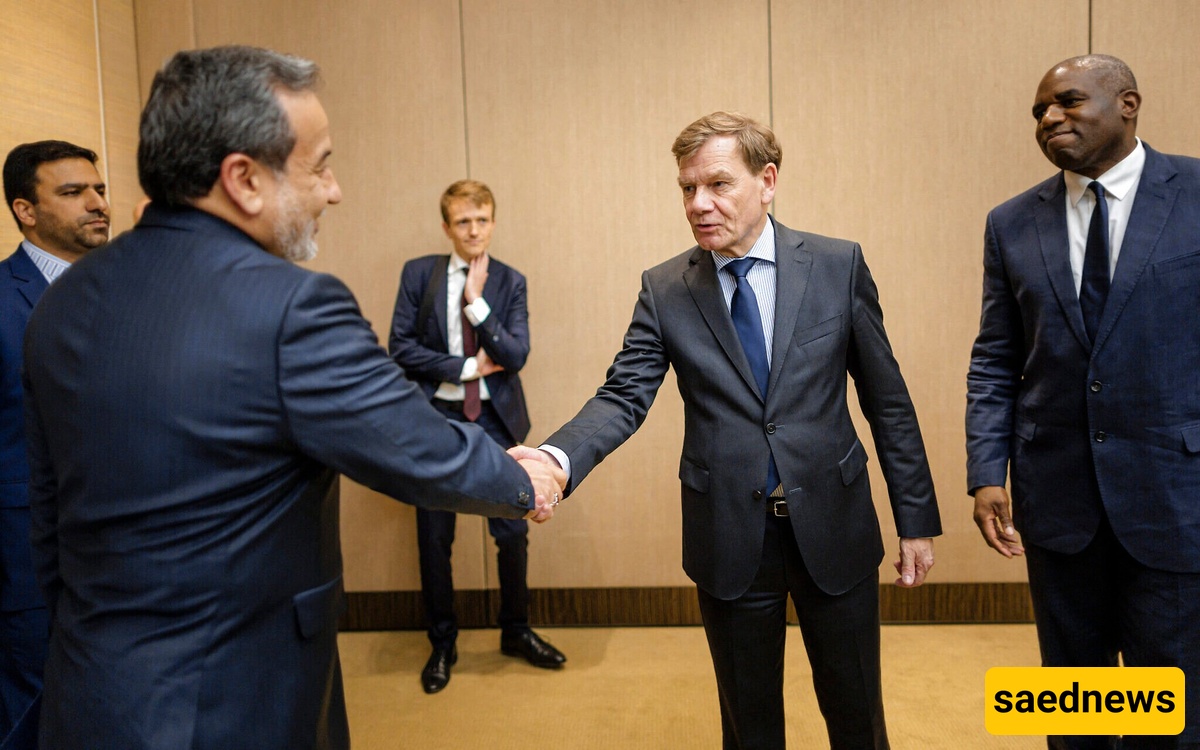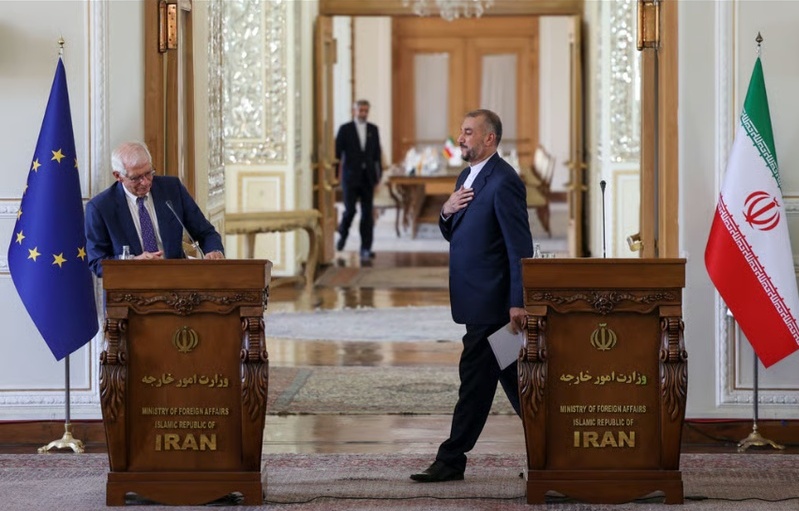SAEDNEWS: Iranian experts argue Europe’s snapback push lacks legitimacy, as the September 28 deadline nears with Russia and China backing Tehran at the UN.

According to Saed News; In a special televised interview, international affairs expert Fouad Izadi raised strong objections to Europe’s recent push to activate the so-called “snapback mechanism” against Iran. According to Izadi, the European countries advocating for this move are not even legitimate participants in the Joint Comprehensive Plan of Action (JCPOA), better known as the Iran nuclear deal. He stressed that for seven years, these countries have failed to honor their obligations under the JCPOA, effectively excluding themselves from the framework.

Izadi pointed out that Russia currently holds the rotating presidency of the United Nations Security Council (UNSC) and has formally rejected the European position. Alongside China and Iran, Moscow has issued a joint letter declaring that the legal and political grounds for triggering the snapback are invalid.
He further reminded viewers that the three European powers openly supported the recent military strike against Iran, a move he called “illegal” under international law. Their endorsement of that action, Izadi argued, disqualifies them from claiming any role in enforcing the JCPOA. Moreover, by insisting that Iran must commit to “zero enrichment,” these nations are essentially abandoning the deal’s core principles.
Looking ahead, Izadi highlighted October 17 (26 Mehr in the Iranian calendar), when United Nations Security Council Resolution 2231 will reach its ten-year expiration. At that point, Russia is expected to issue a statement, just as Indonesia did five years ago, refusing calls—this time from the United States—for automatic sanctions reimposition. He recalled that when the U.S. tried to invoke the snapback in the past, the UNSC president rejected the attempt, preventing any action.

Izadi also noted the limited authority of UN Secretary-General António Guterres, emphasizing that Guterres himself recently distanced his office from the snapback debate, urging parties not to contact him regarding Resolution 2231.
“The 30-day European deadline expires on September 28,” Izadi warned, underscoring that the presidency of the Security Council in September lies with South Korea—a country he described as historically aligned with Western positions.
Legal expert Safaie echoed these concerns, stressing that both Russia and China have managed to inject doubt and create ambiguity within the Security Council. This dual narrative, he said, complicates the enforcement of any resolution related to extending suspensions or reimposing sanctions.
Fortunately for Iran, Safaie explained, Article 37 of the JCPOA and Article 14 of UNSC Resolution 2231 safeguard bilateral and multilateral agreements, such as Iran’s 25-year cooperation pact with China and various accords with Russia. These protections mean that Iranian institutions, companies, and individuals remain shielded from sanctions’ reach, regardless of European maneuvers.
He further clarified that Article 15 of Resolution 2231 extends these safeguards even to non-JCPOA states that maintain contracts with Iranian entities, ensuring that snapback sanctions cannot legally disrupt those agreements.
The looming September 28 deadline has now turned into a political flashpoint. As European capitals press forward with their demands, Tehran insists that the mechanism has no legal validity. With Russia and China offering strong diplomatic cover, Iran appears determined to resist what it sees as an illegitimate effort to corner its nuclear and regional policies.

